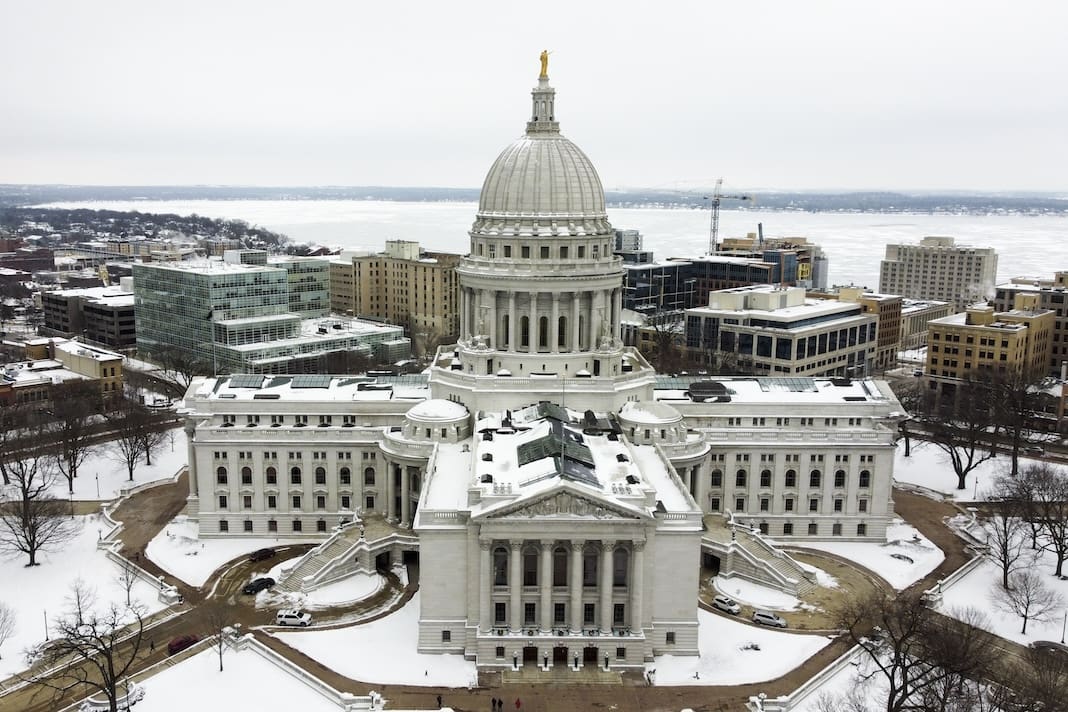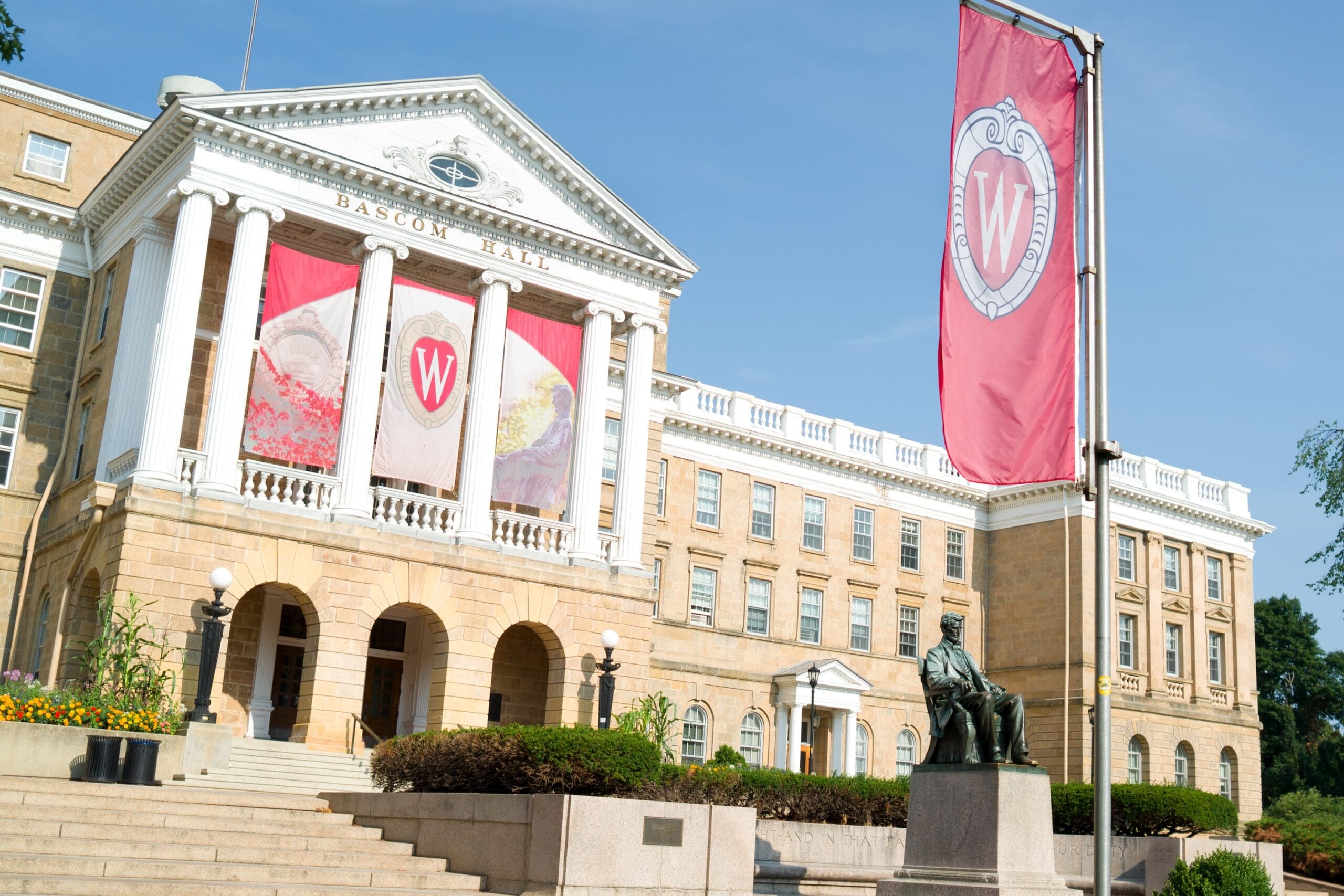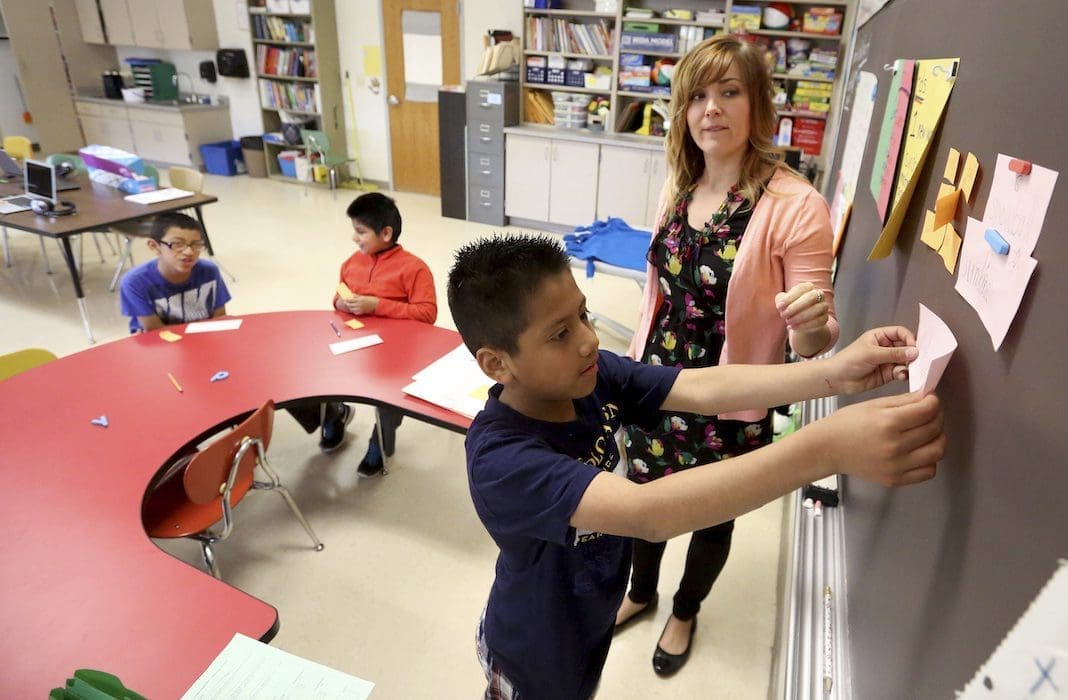Wisconsin teachers struggling as pay lags behind inflation for more than a decade
Teachers are burnt out, either leaving the profession for better paying jobs or taking on second jobs to make ends meet.

Teachers in Wisconsin are effectively making less than they were 15 years ago because their salaries haven’t kept up with the rising cost of living, according to a new Wisconsin Policy Forum report, and it’s having lasting impacts on both teachers and students.
The lagging pay is part of an ongoing financial crisis in Wisconsin schools caused by inflation, declining enrollment, and stagnant state-imposed revenue limits. The challenges aren’t expected to go anywhere, especially as federal COVID-19 relief funds that helped schools fill budget gaps are set to expire before next school year.
Between 2009 and 2023, gross teacher pay in Wisconsin steadily climbed by 16%, according to the report. But when adjusted for inflation, the value of that pay has fallen by more than 12%.
“The teaching profession has not been valued in the state of Wisconsin,” said Demond Means, the superintendent of the Wauwatosa School District.
Wisconsin schools have state-imposed revenue limits, or a ceiling on how much money they can collect through shared revenue and taxes to fund each year’s budgets. These limits have not been tied to inflation rates since 2009 and have lagged or not been raised at all ever since, perpetuating many district’s tight budgets.
Teachers unions have had less bargaining power than previously since the ratification in 2011 of Act 10, which curtails the bargaining power of unions and limits negotiations to increases to their base wages in line with inflation. As the report shows, teachers in many districts have been unable to achieve even those increases.
“To say that morale is low is to imply that there was some sort of golden age where morale was high,” said Mike Jones, president of the union Madison Teachers Inc. and a teacher in the Madison School District. “I don’t think I’ve ever been around where morale was high, because every year everyone’s supposed to do more with less, and I think that’s just such a grinding thing in terms of someone’s morale.”
Teachers across Wisconsin are feeling burnt out. Many are leaving the profession or taking on second or third jobs to be able to make ends meet.
Two years ago, a new teacher approached the Racine Educators United teachers union to tell them she was leaving education to be a full-time bartender because she made more money and the job was less stressful.
“That really hit me in terms of how people do or don’t feel supported and appreciated,” said Angelina Cruz, a Racine teacher and the president of REU.
The Green Bay School District has been able to maintain a pay increase to match inflation for several years, according to music teacher Brent Bergstrom, the president of the Green Bay Education Association. But it’s still not enough, he said: “There are teachers that are looking and moving into other professions. And it’s unfortunate because I’ve seen some really, really good teachers walk away from the profession … They can’t rationalize staying in the classroom when there’s another opportunity that’s going to pay them more for their time and energy.”
Teaching isn’t generally a high-paying job, many educators said, but compounded with other issues plaguing schools right now, such as the ripple effects of the pandemic, safety concerns, lack of mental health support, and aging facilities, consistently low pay can be the tipping point.
“It’s never just the money, but the money becomes a factor with all the other things that impact the experience of education workers in a really inequitable and frustrating system,” Jones said.
These problems trickle farther down than teachers’ pocketbooks, and students are also feeling the effects. As staff leaves, class sizes grow. Some districts don’t have enough substitutes, meaning teachers are filling in to teach additional subjects.
Unhappy teachers used to be able to stick it out through the end of the school year, Jones said, but now they’re leaving every month because of the conditions, causing instability at a time when students’ mental health struggles have worsened.
“Kids, when they walk into a classroom, they don’t know if there’s going to be a teacher or if they’re going to actually learn anything today,” Jones said. “That’s real, real damaging.”
“Academic wellness is contingent upon social and emotional wellness, and if we don’t have one, we’re not going to have the other. They’re inextricably intertwined,” Cruz said.
“It’s interesting that the graduating class of 2023 is a class of students who went through their entire educational career without their public school system receiving an inflationary increase,” said Means. “So think about that for a second. Think about the impact of teachers jumping from one district to another so they can get a pay increase, or the instability that the Legislature has created on public schools. It’s mind-boggling.”
“The impact to our children here in Wauwatosa has been significant,” Means said.
These long-standing pay disparities have caused inequities across the state. Rural and smaller school districts had substantially lower salaries than their larger urban counterparts, according to the report. Even within the same school districts, some teachers were being paid less than their colleagues. In Verona, a group of female teachers recently won a pay discrimination case after discovering the school district was paying them less than their male counterparts.
The report forecast that budgets for 2025 will be even more challenging for schools to balance because, even though the Legislature increased revenue limits in the 2023-25 biennial budget, the increases still fall short of inflation.
“It is unclear how some districts will fund the salary increases they have already approved, let alone continue raising wages,” the report states.
While Wauwatosa teachers received a 12% pay increase this year, the school district is facing a budget shortfall of more than $9 million that may force two elementary schools to close. Other districts have resorted to similar measures by closing schools, School districts in La Crosse and Green Bay have closed schools, while more and more districts are relying on referendums to find more money: The highest number of referendums in over two decades was held in 2022.
“Either the Legislature comes to their senses and provides that funding for our schools, or we’re going to have to start having these local conversations and finding local ways,” Means said.




